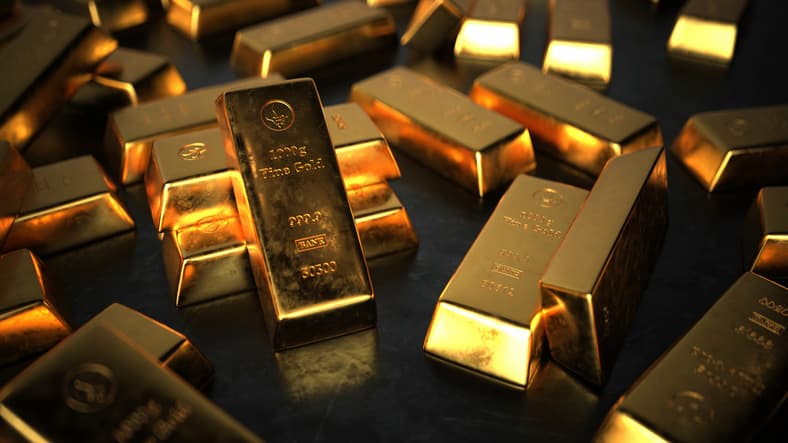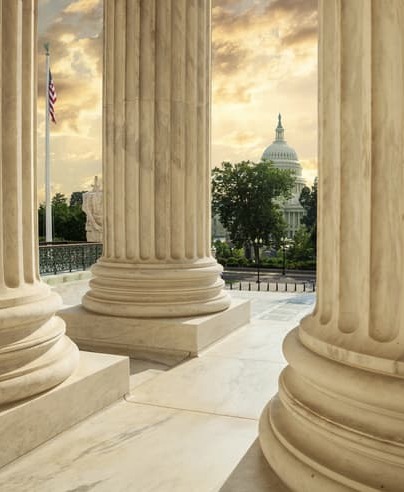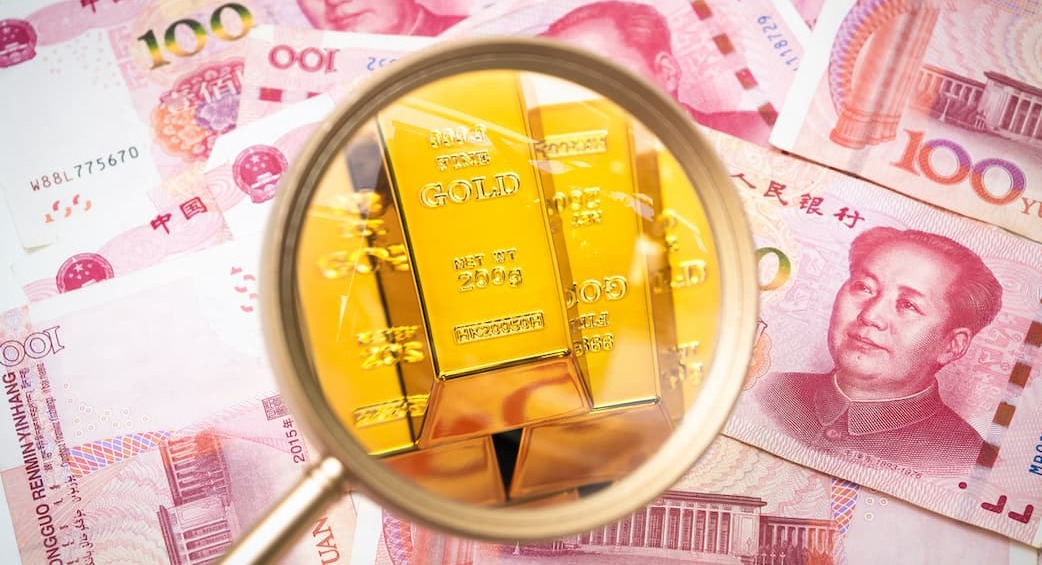Precious Metals News

Gold Pushes Back Over $5,000 as Inflation and Energy Prices Rise
Gold prices have climbed back above $5,000 per ounce, driven by a mix of economic forces including inflation expectations, energy prices, and currency movements.

Why UBS Still Sees Strength Ahead for Gold and Commodities
Despite recent price swings, UBS maintains a constructive outlook on precious metals and expects gold to finish the year higher, driven by supply-demand dynamics, geopolitical tensions, and the growing role commodities may play in diversified portfolios.

JPMorgan: Gold's Long-Term Momentum Remains Intact
JPMorgan reaffirmed a bullish outlook on gold for 2026, forecasting a potential rise toward $6,300 an ounce by year-end even after recent pullbacks. The bank cites strong demand from central banks and investors and sees gold's role as a portfolio hedge supporting longer-term upside

Why Analysts Still See a Much Higher Future for Silver
Silver's recent dip hasn't dampened bullish views. These analysts still peg $150 per ounce as being around the corner amid strong demand and tightening physical inventories - underscoring how strategic metal dynamics are evolving with global demand and financial conditions.

Gold Surges Past $5,100 as Wall Street Lifts Its Forecasts
Gold prices have surged past $5,100 per ounce, extending a historic rally as investors move into the safe-haven asset amid ongoing market uncertainty and geopolitical risks. Analysts are now looking ahead: Societe Generale sees gold potentially reaching $6,000 by year-end, while Morgan Stanley's bull case targets about $5,700.






